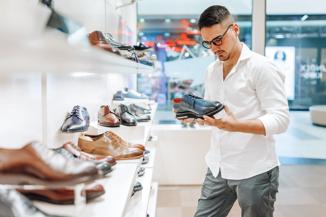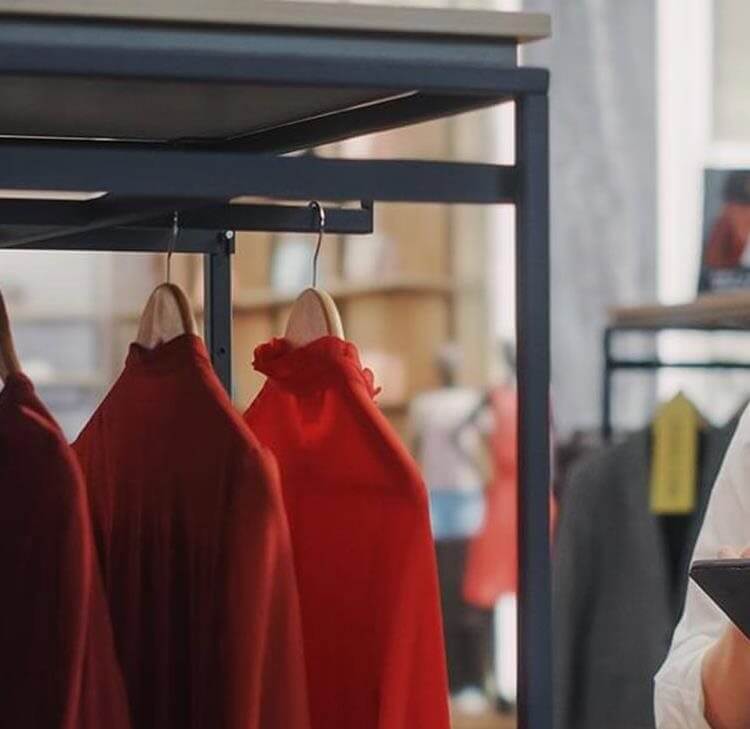
Anti-counterfeiting law
At Browne Jacobson, we understand the threat that counterfeiters present to intellectual property rights holders. We use our experience of working with brands across all sectors to advise you on a host of anti-counterfeiting measures. Working together we help you guard the prestige of your brand.
From preventative best practice and ongoing brand-monitoring to strategic enforcement in court, we have the expertise and know-how required to advise you when faced with the risk of counterfeiters.
With six nationwide offices, we represent high-end and luxury brand retailers, with a blend of professionalism, approachability and determination. Our anti-counterfeiting and brand protection lawyers work with you to set up online brand monitoring. We’ll help you track and gather information on those dealing in counterfeit goods, whilst also identifying trends and raising the alarm when counterfeiters pose a risk.
Working collaboratively with you and our specialists, we manage notice and takedown procedures in response to online counterfeiters as well as advising on domain name disputes, file applications for action (AFAs), parallel imports and grey-market goods. We enforce your intellectual property rights against counterfeits and manage notification procedures and reports to Trading Standards.
In a fast-paced and ever-evolving environment, we understand the need to protect your trademarks, designs and goods is greater than ever. You can rely on us to guide you through this process with an unflappable and hands-on approach.
Featured experience
A high street retailer
Filed numerous UK and EU AFAs for a high street health and beauty retailer to help identify and take action against counterfeits at customs borders.
A well-known cosmetics brand
Issued proceedings in relation to counterfeits in the IPEC on behalf of a well-known cosmetics brand to enforce their intellectual property rights.
Online marketplaces
Advise fashion brands on take down procedures against online marketplaces selling counterfeit goods.
Our expertise
Frequently asked questions
The counterfeit law in the UK revolves around The Forgery and Counterfeiting Act 1981 which addresses the creation and distribution of counterfeit currency and related documents. It also involves counterfeit goods, making it illegal to produce, possess, or sell items that infringe on trademarks or intellectual property rights without authorisation.
Brand protection encompasses strategies to safeguard a company's reputation and intellectual property rights from infringement, including counterfeiting and unauthorised use of trademarks. These efforts include legal action, multi-channel monitoring, and collaboration with authorities to combat illicit activities that could harm the brand.
Counterfeit IP infringement refers to the unauthorised reproduction or imitation of intellectual property, such as trademarks, patents, or copyrights, in a manner that deceives consumers into believing the counterfeit goods or content are genuine. This illicit activity can lead to financial harm and reputational damage for the legitimate IP owner.
Key contacts

Giles Parsons
Partner

Mark Daniels
Partner









































